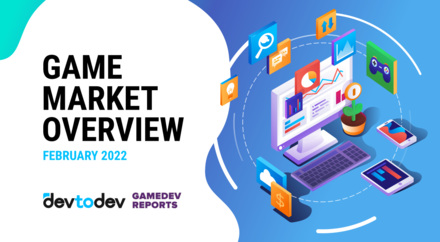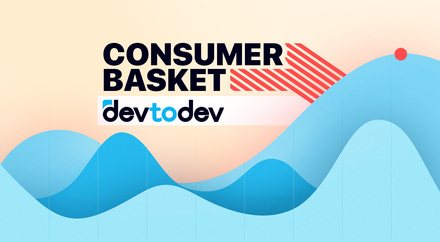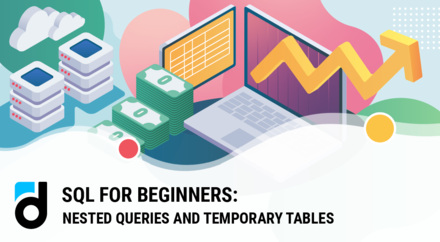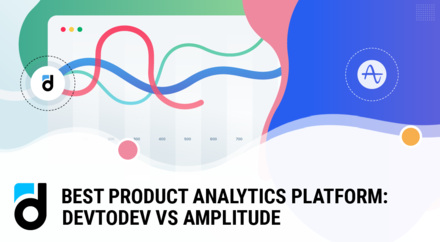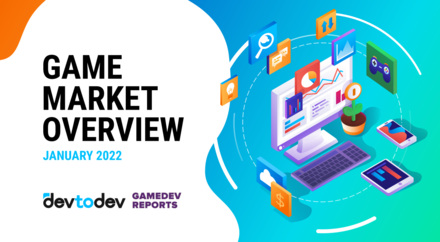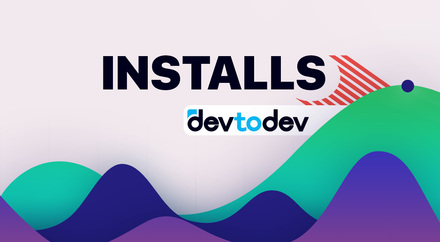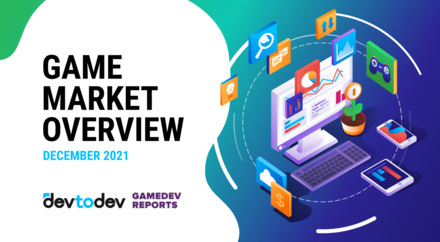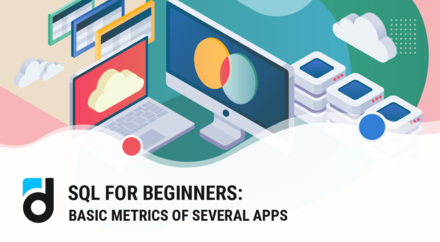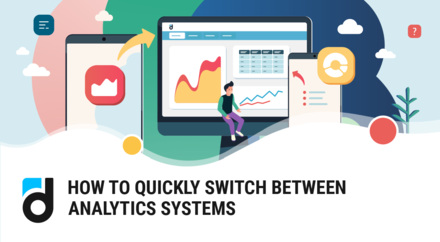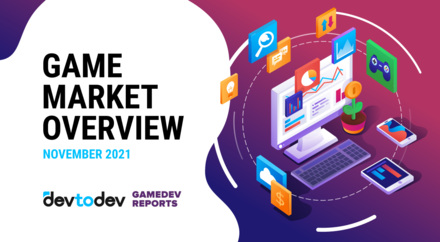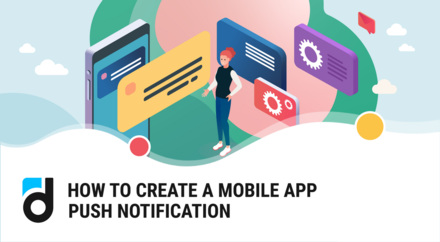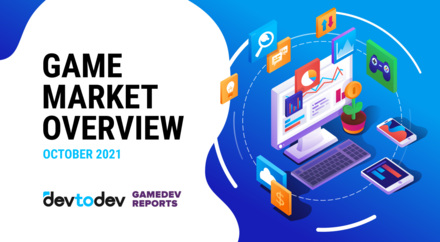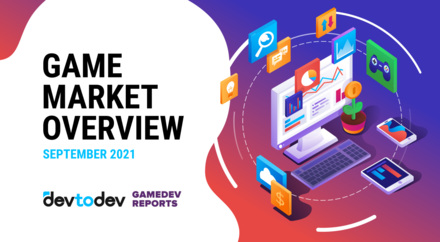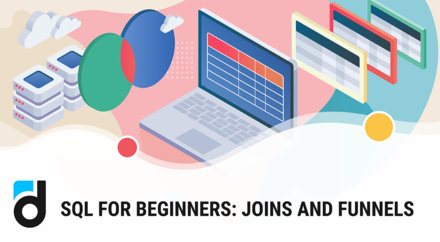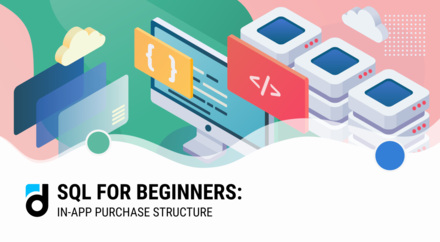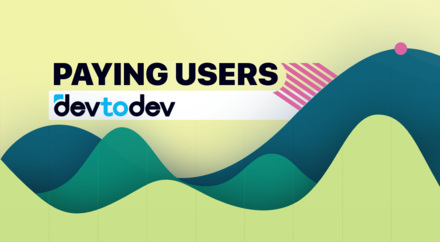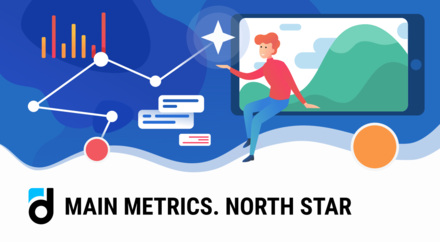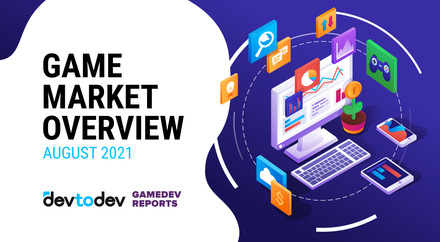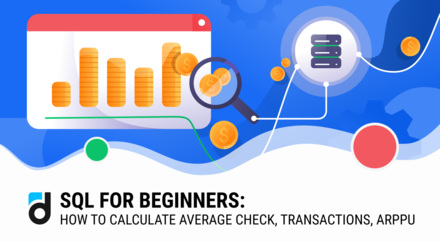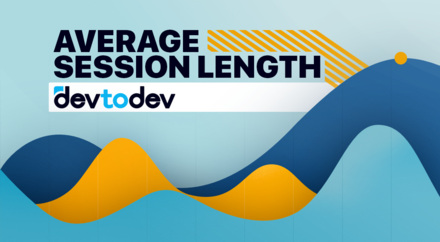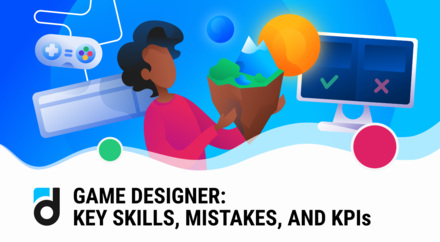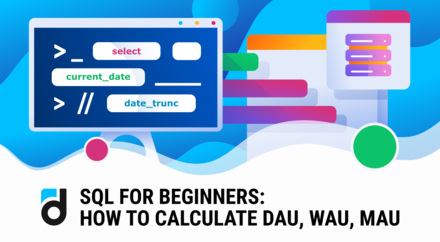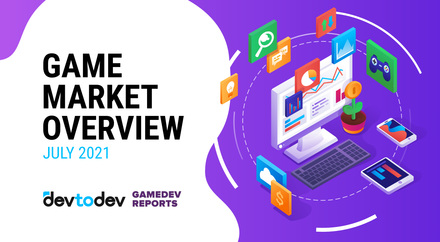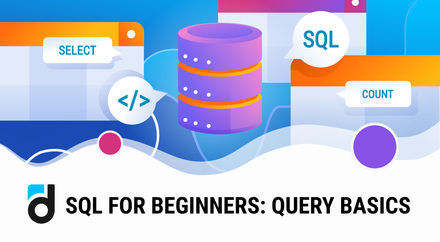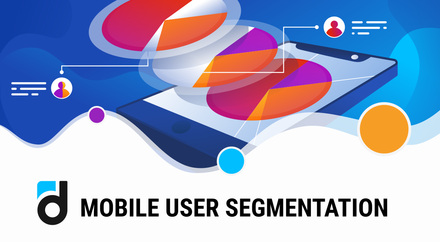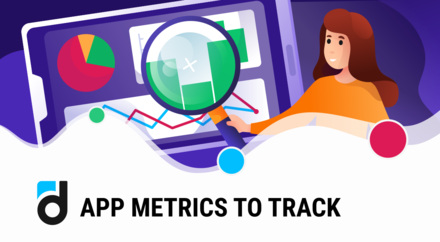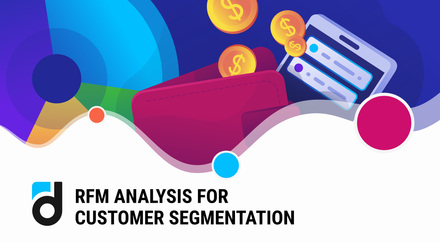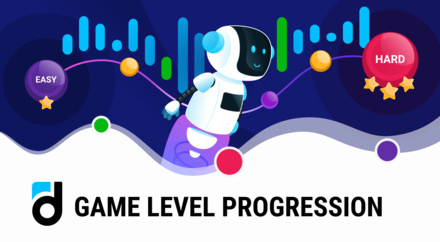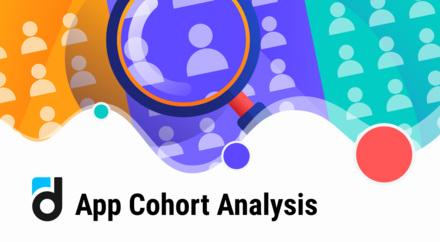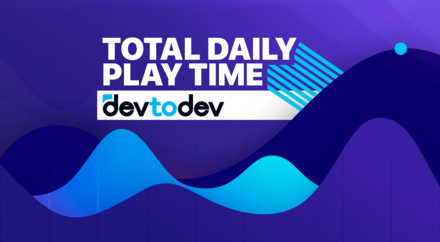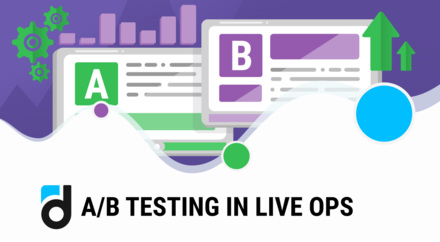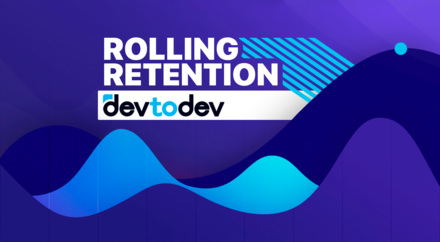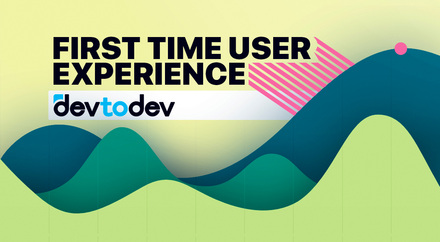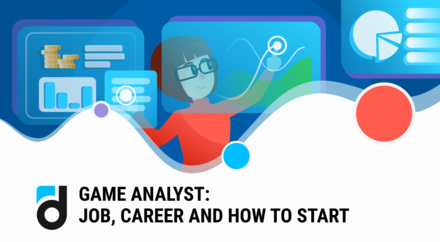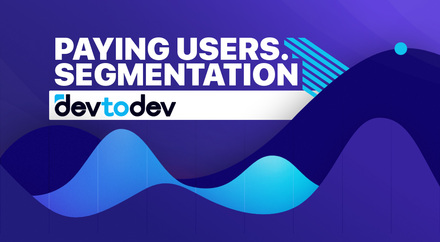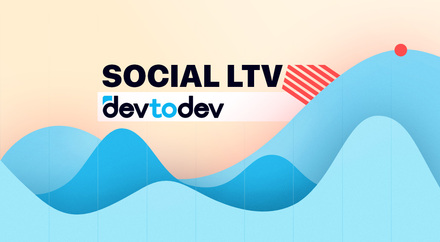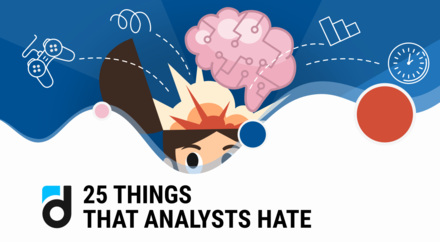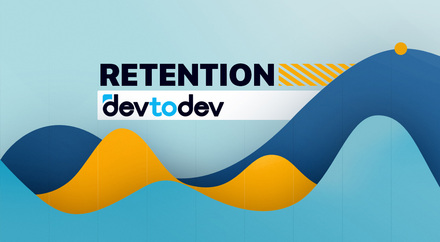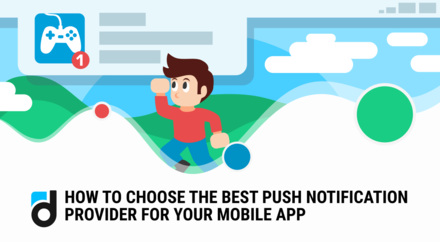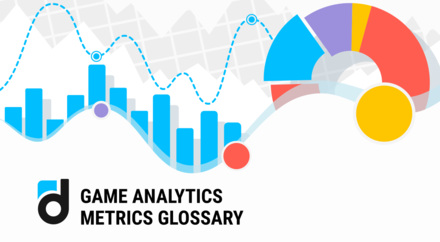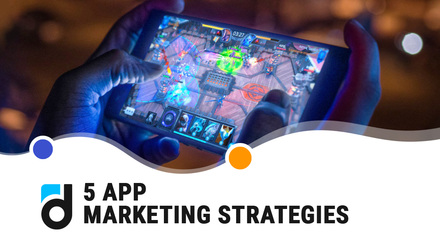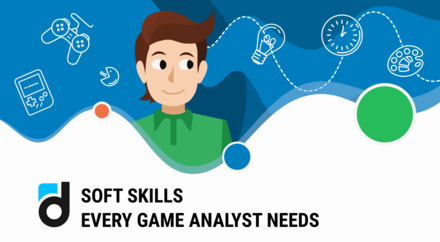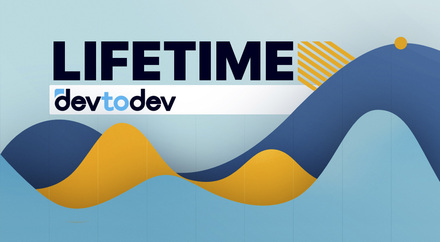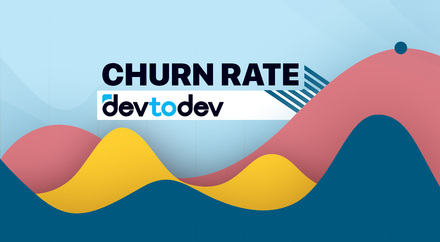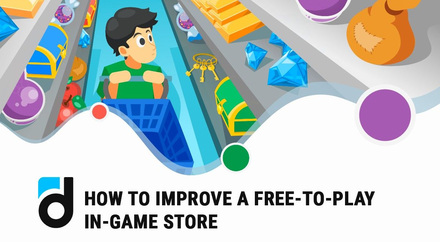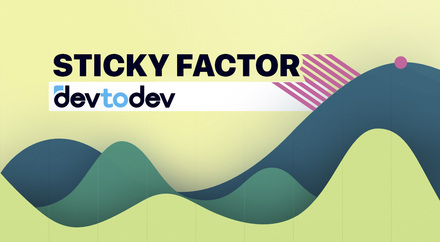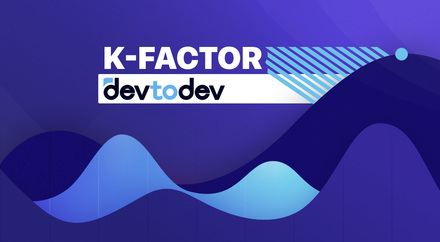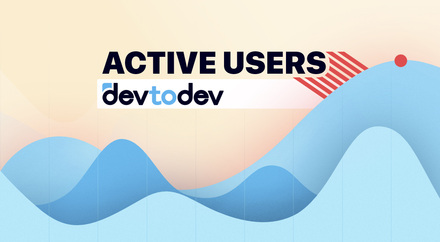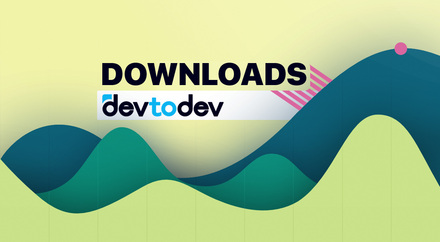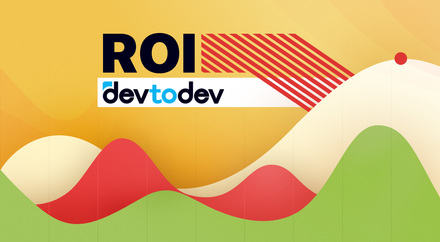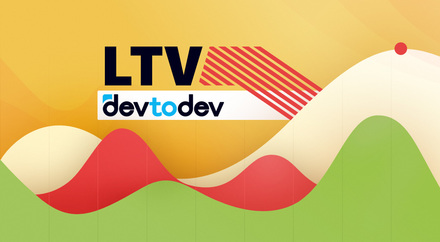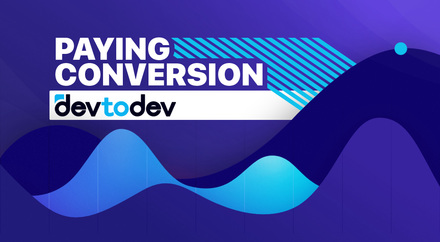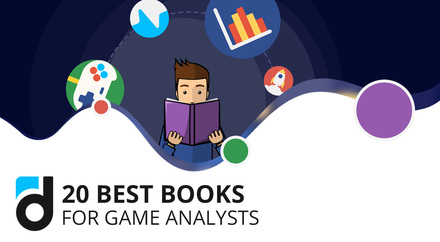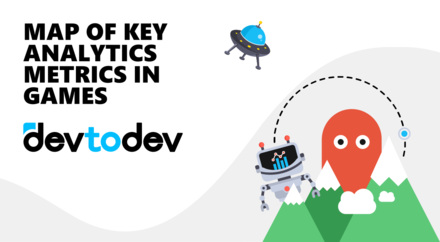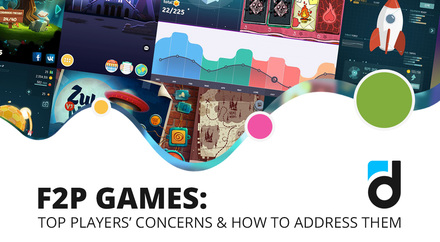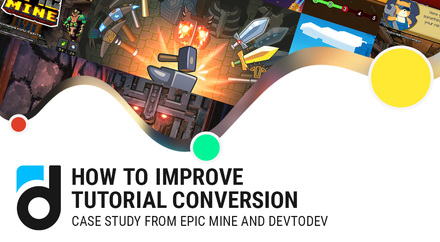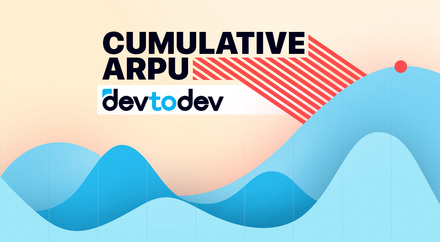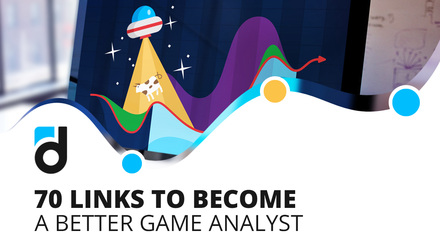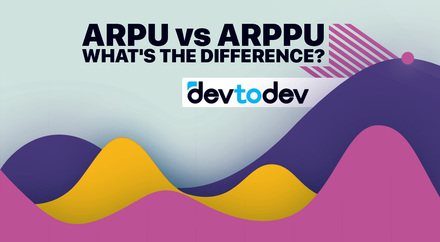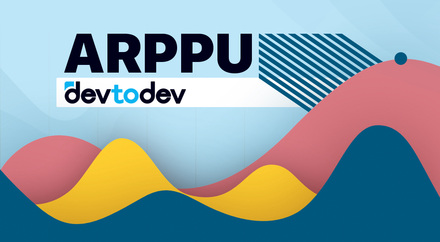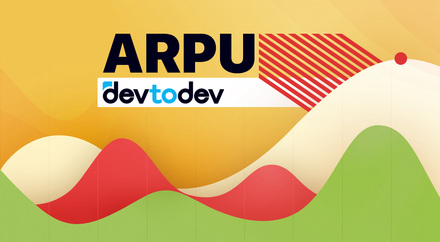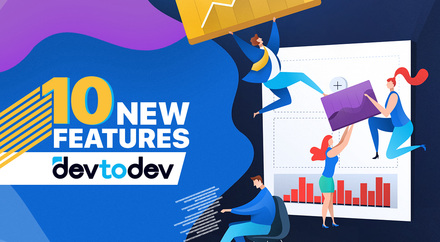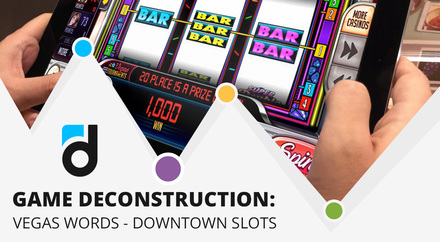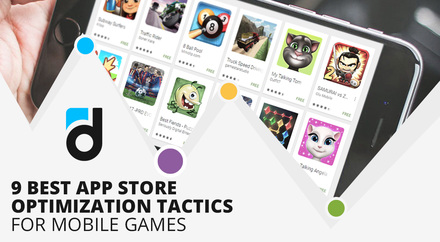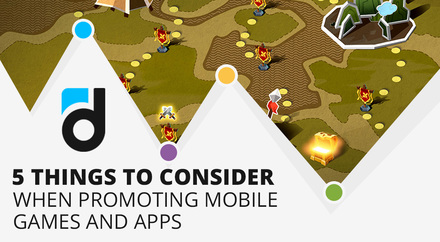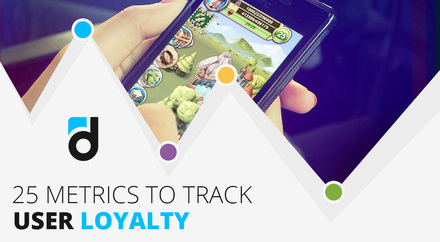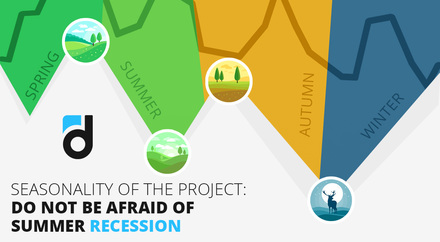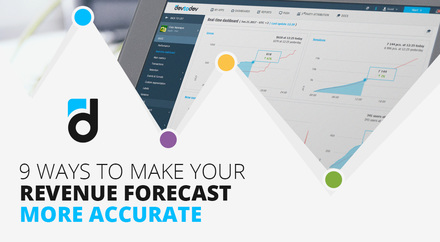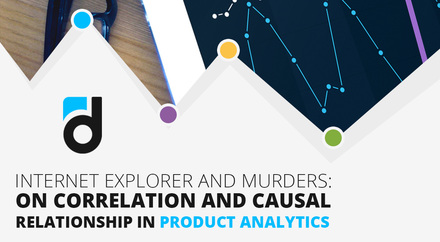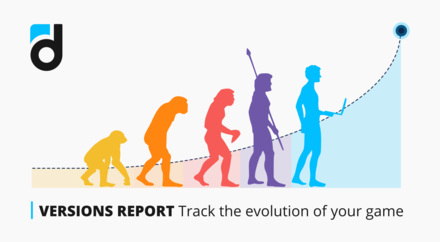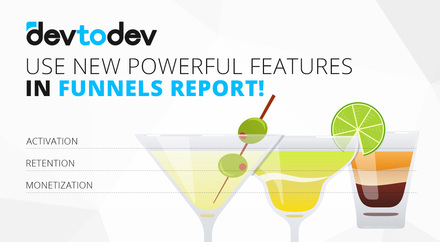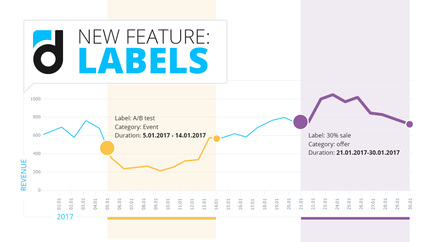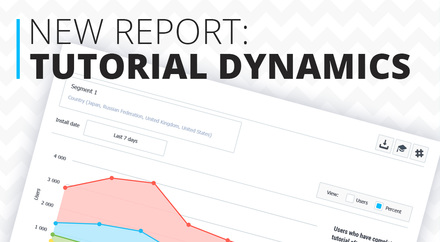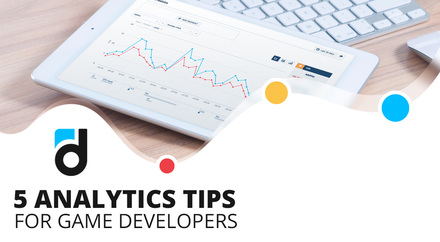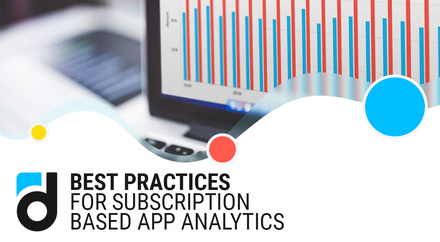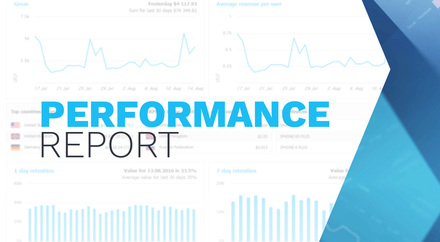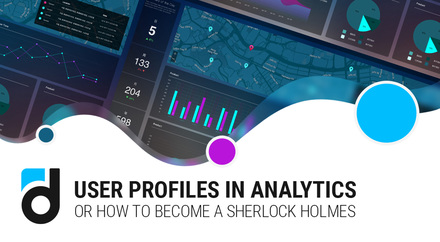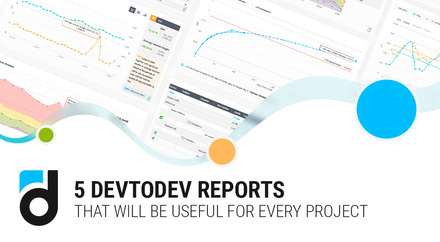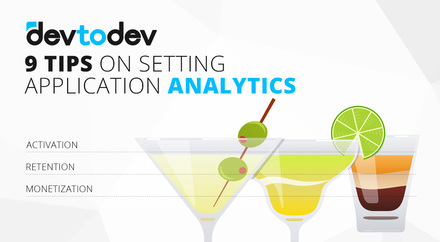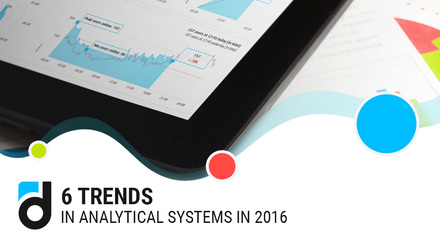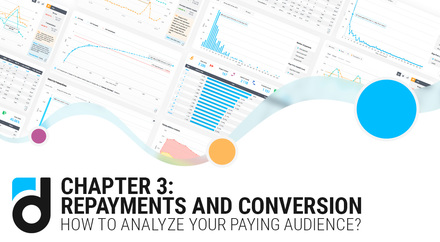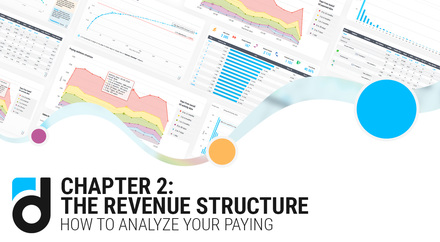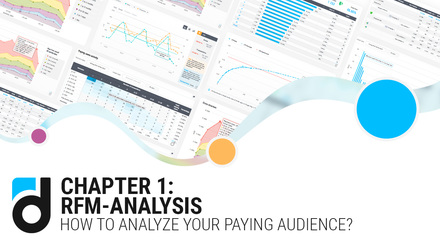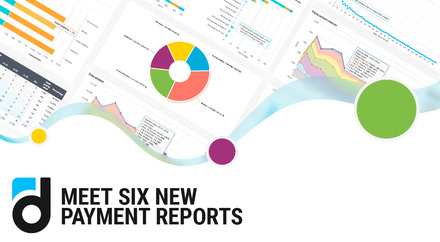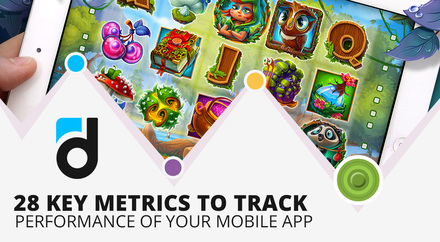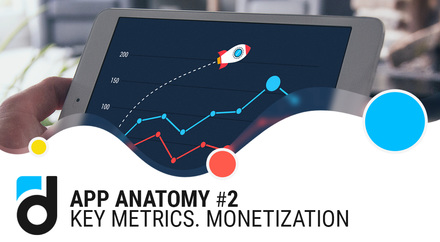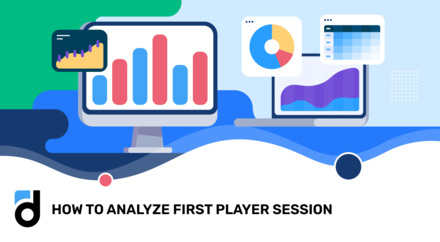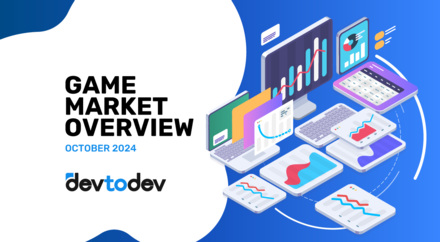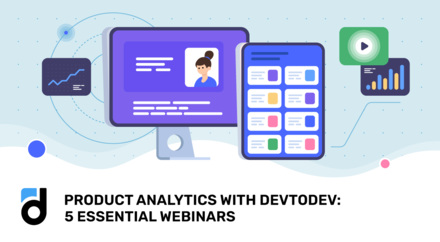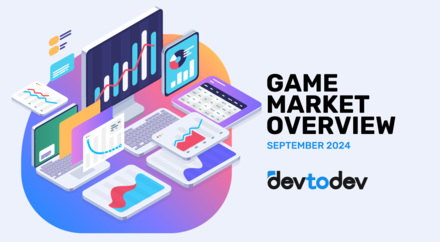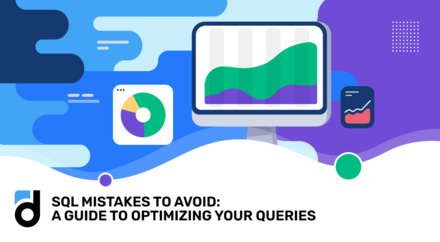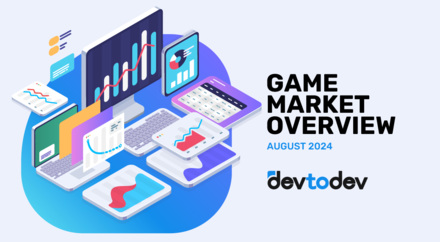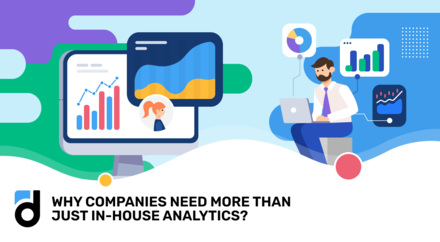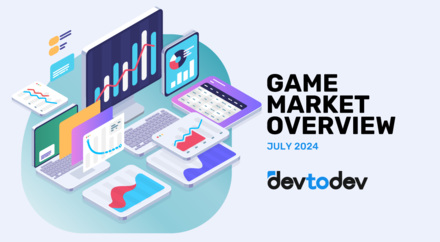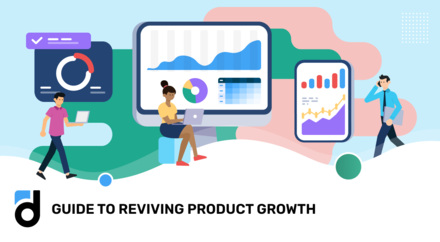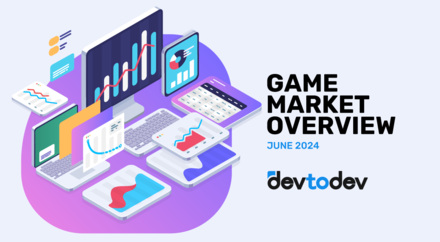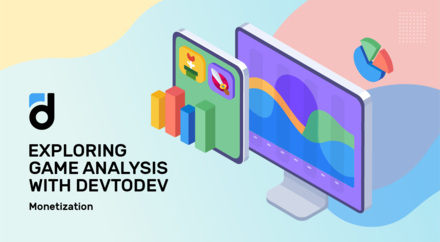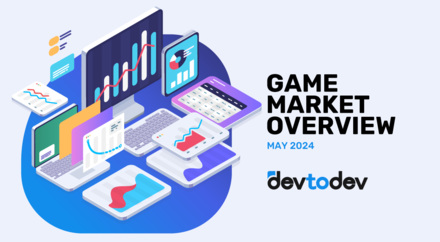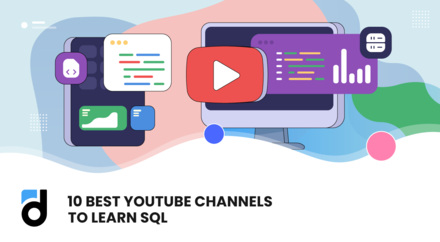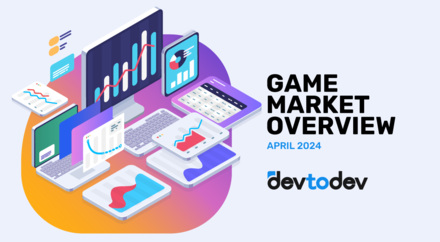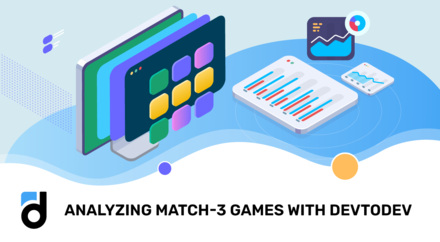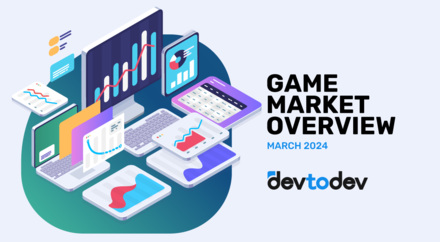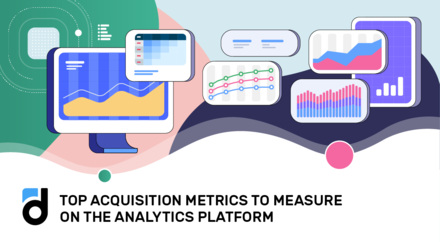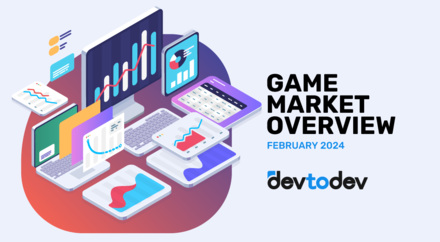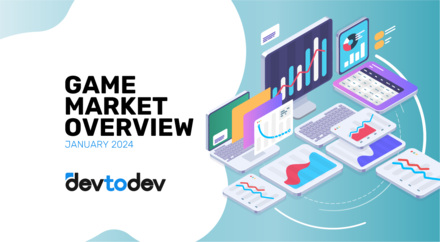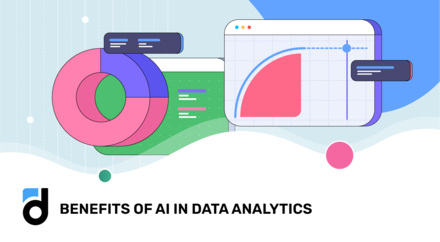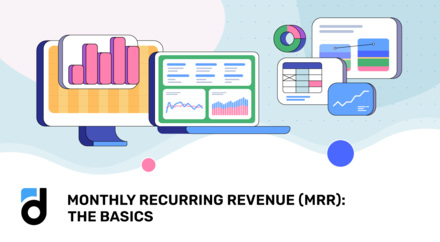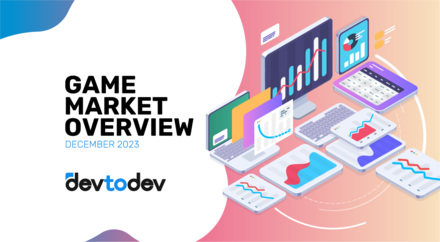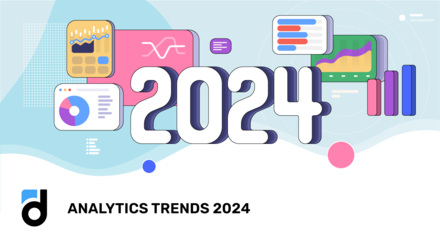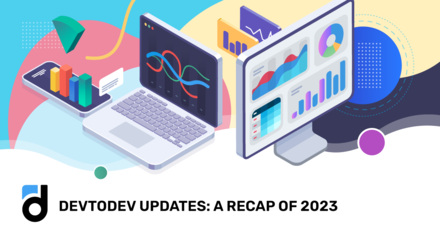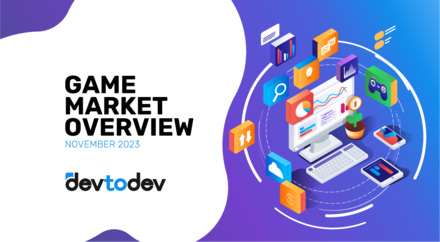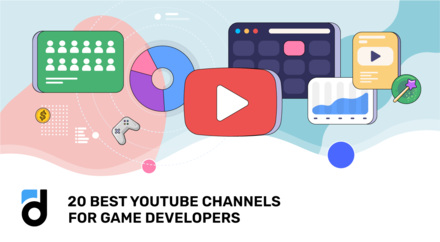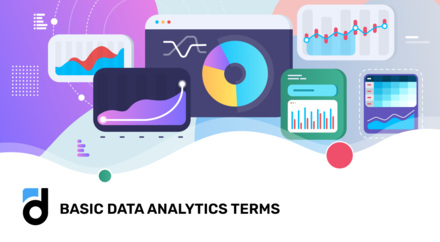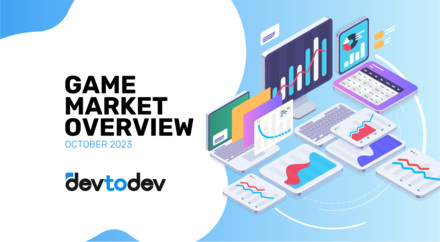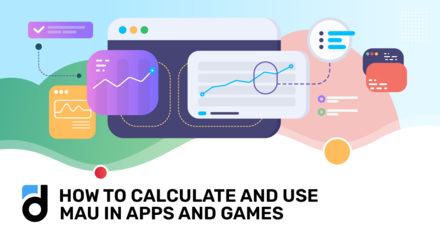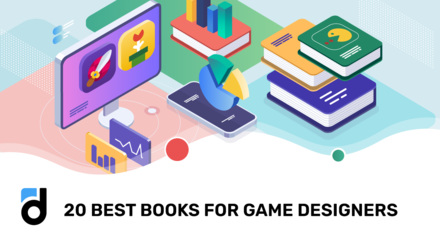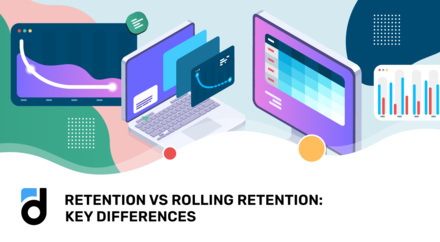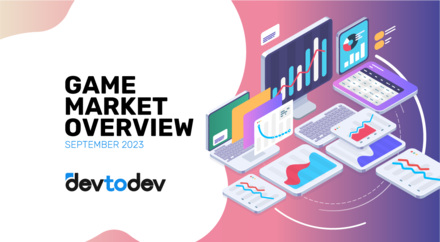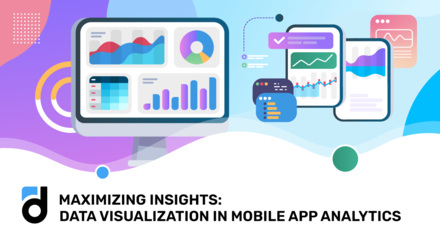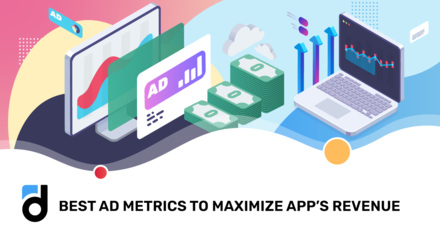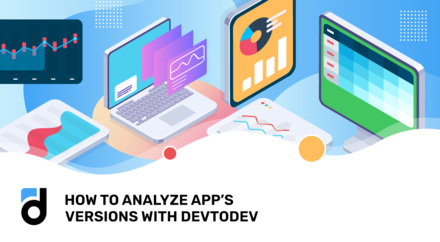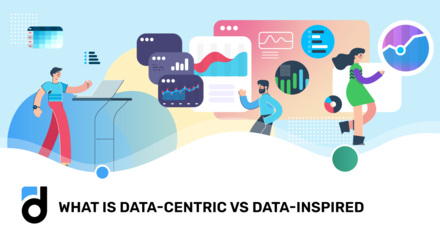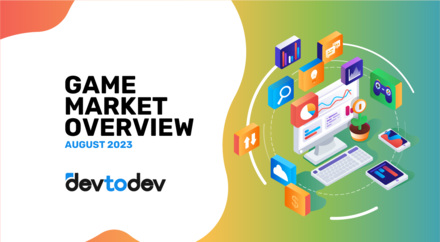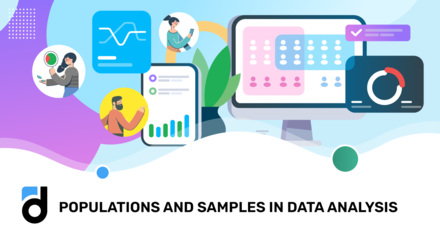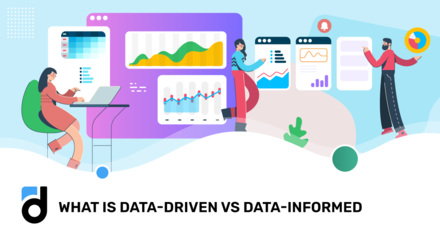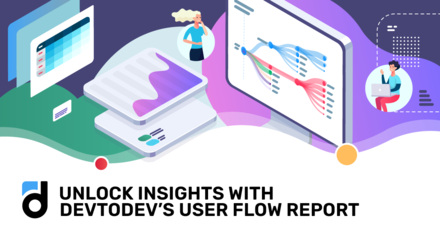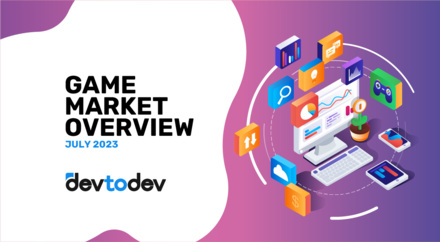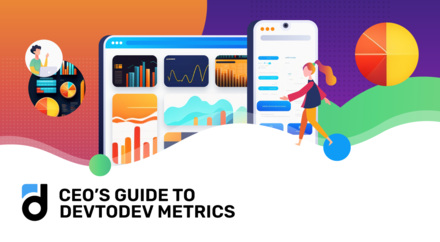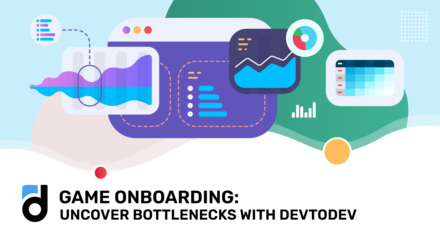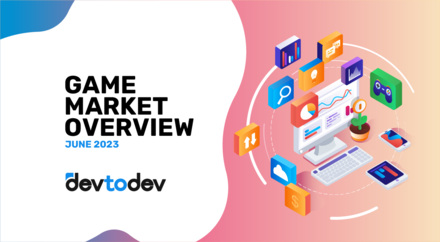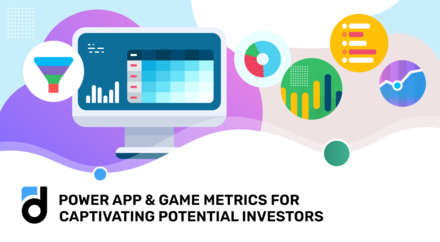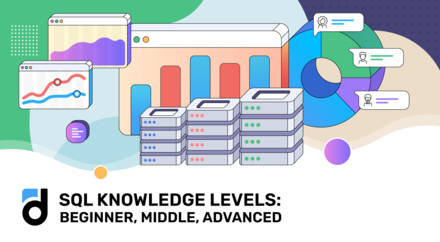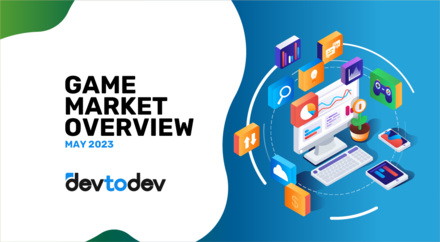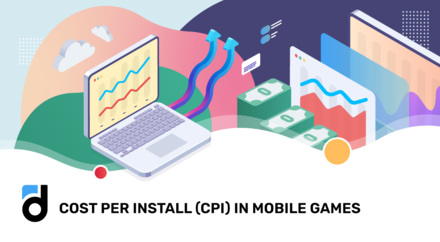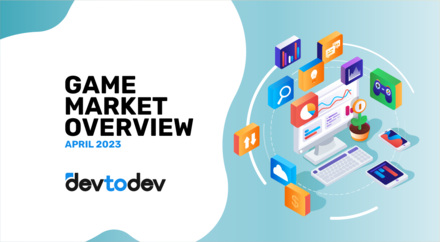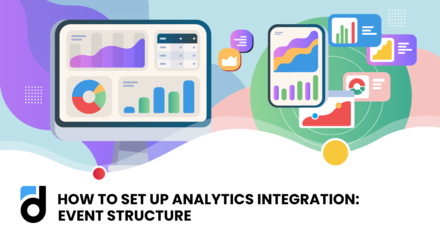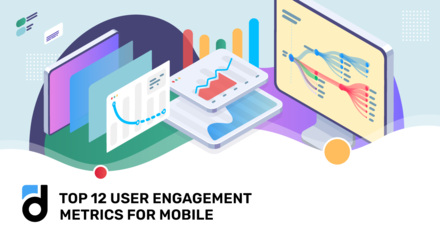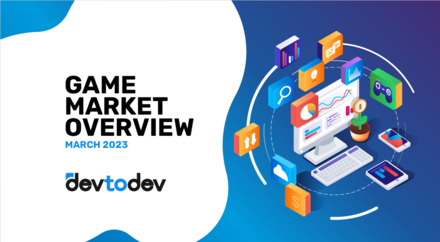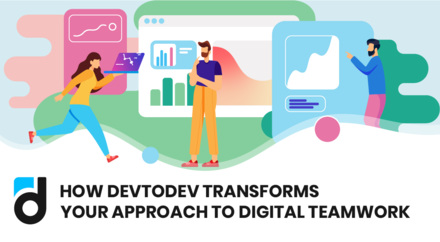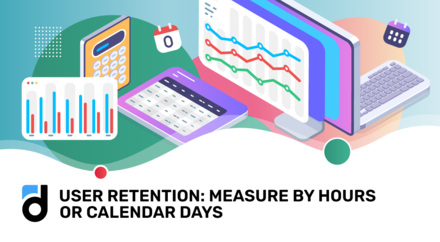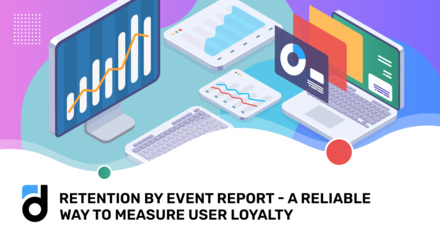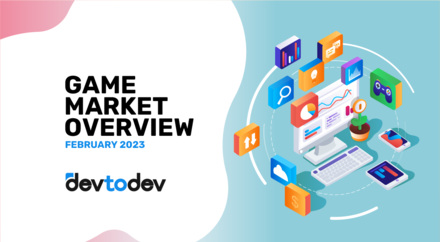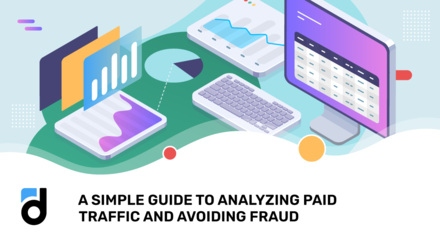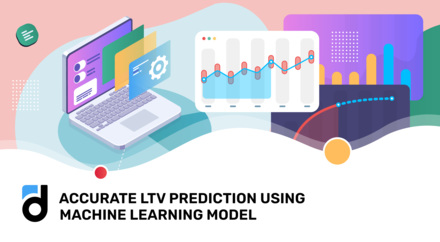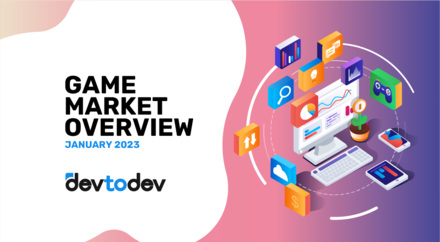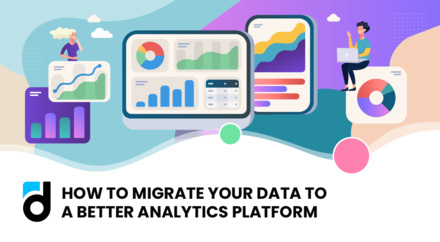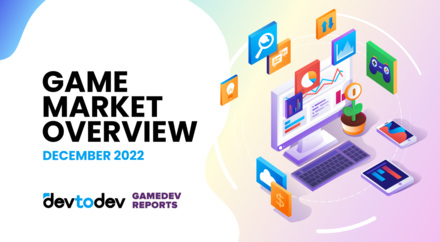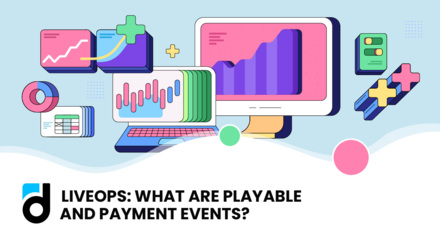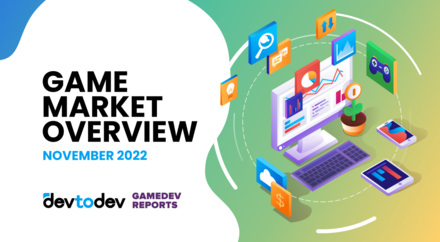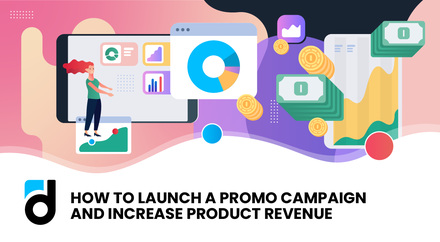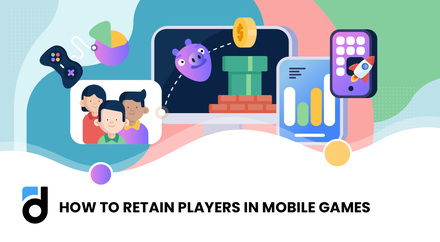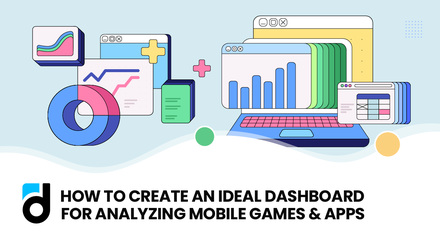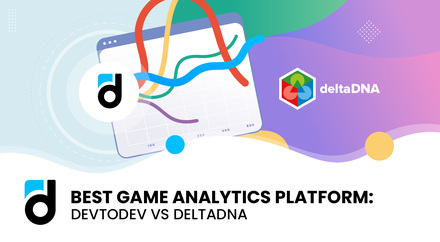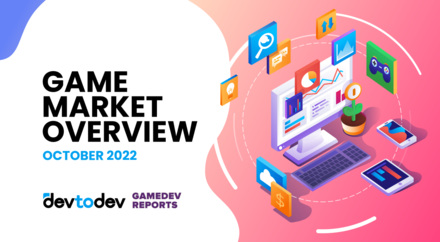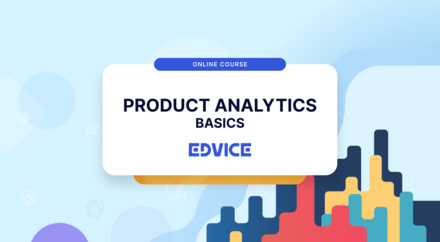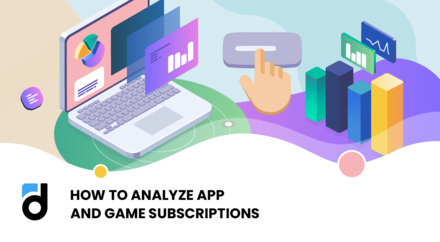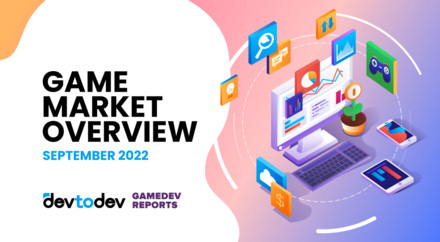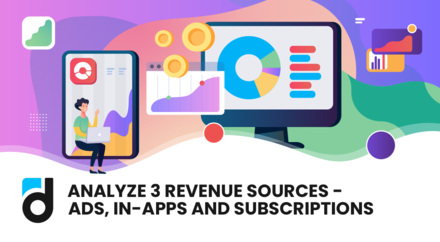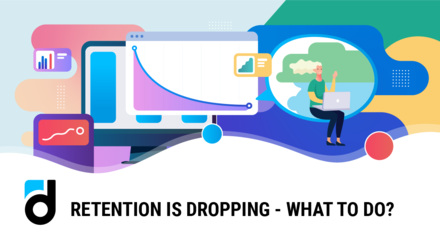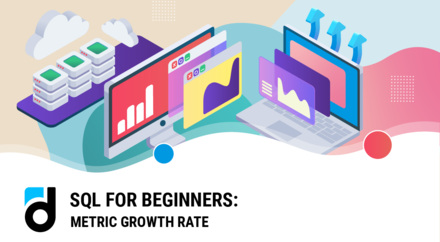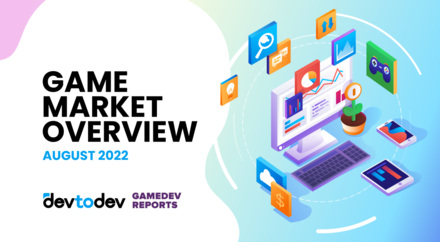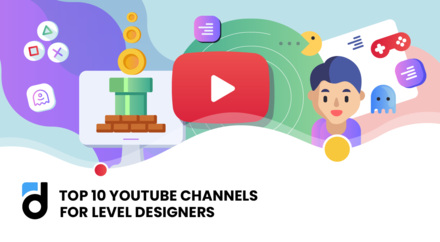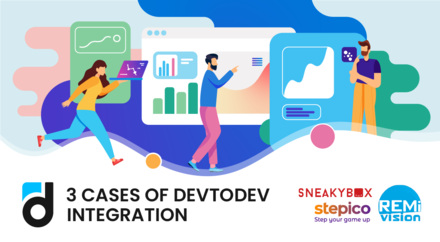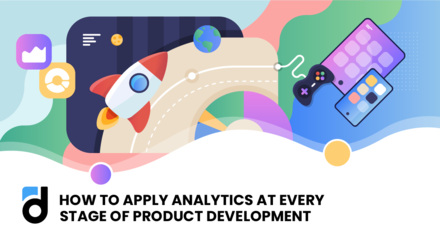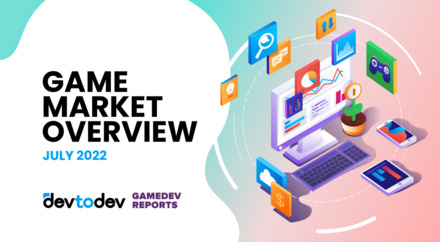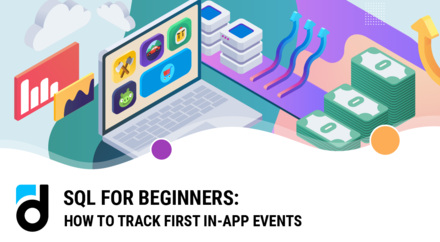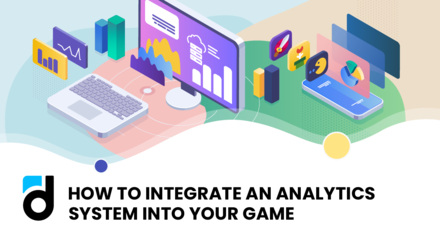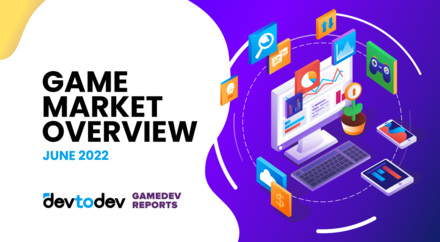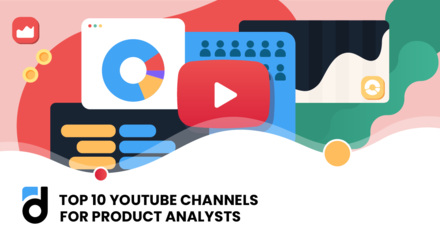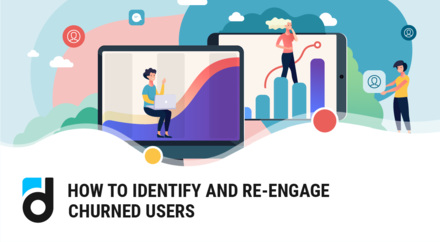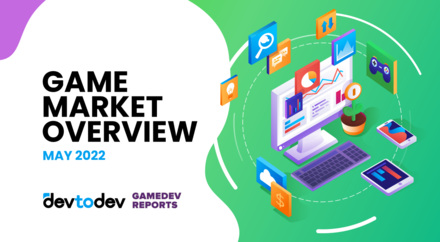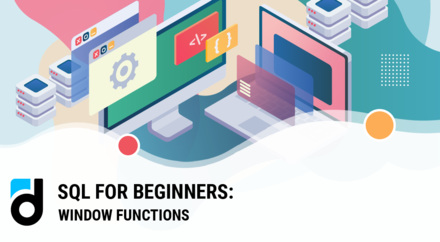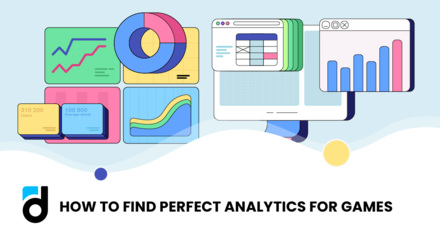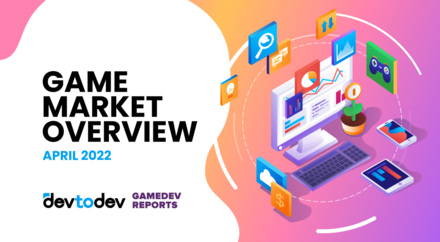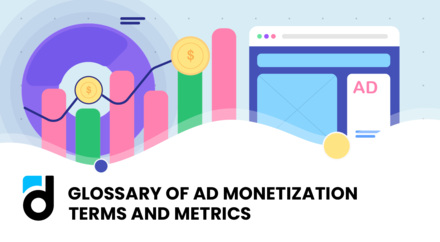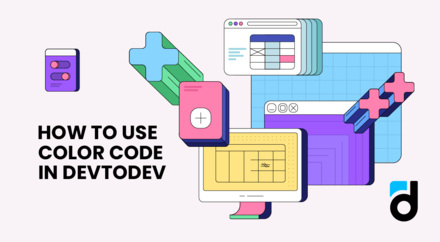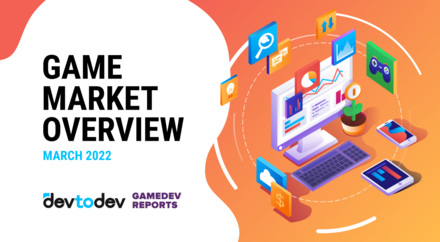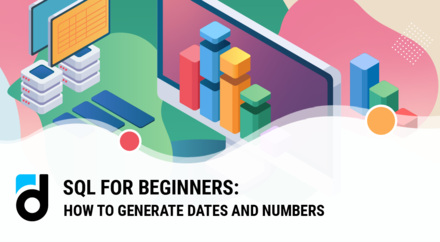Analyzing player behavior and game economy in RPG (Role-Playing Games) and MMORPG (Massively Multiplayer Online Role-Playing Games) is crucial for understanding user engagement, progression, and monetization. With devtodev's comprehensive analytics platform, you can effectively analyze and optimize these metrics through custom and predefined events. In this article, we’ll walk you through how to use these tools and insights to enhance your game’s performance and boost player retention.
Key Features of RPG and MMORPG Games
RPG and MMORPG games require specific analysis due to their unique features. These games involve complex character development, intricate storylines, and dynamic multiplayer interactions that demand tailored analytics approaches.
RPG Games
Character development
Understanding how players develop their characters helps balance the game, ensuring that progression feels rewarding without being too easy or difficult. Tracking level-ups and character upgrades provides insights into player engagement and retention.
Story and quests
RPGs often have rich narratives and quests that guide player progression.
Analyzing quest completion rates and story engagement helps developers identify which parts of the game are most engaging and which may need adjustment. This ensures that the story remains compelling and players stay motivated to progress.
In-game economy
Monitoring the in-game economy is crucial to prevent inflation and ensure that the currency remains valuable. Tracking how and where players spend their currency can reveal popular items and potential bottlenecks in the economy.
MMORPG Games
Massive player interactions
MMORPGs feature large-scale interactions between players, including trading, teaming up for quests, and battling. Understanding player interactions helps in creating a balanced and enjoyable multiplayer experience. Tracking events like clan joining, PvP battles, and cooperative quests provides insights into player behavior and community dynamics.
Persistent world
Analyzing player activity patterns and engagement levels can help in maintaining an active and vibrant game world. This includes understanding peak activity times and the effectiveness of live events and updates.
Complex in-game economy
MMORPGs often have a complex economy with multiple types of currency and tradeable items. Detailed economic analysis helps in balancing the game's financial systems and ensuring fair trade and value.
Player progression
Players continually progress through levels, gaining new skills and equipment. Monitoring progression helps in identifying whether the game provides an appropriate challenge and reward structure. It also reveals potential drop-off points where players may lose interest or find the game too challenging.
Understanding these key features and why they need to be analyzed ensures that the game provides a better experience for players. By using devtodev, you can gain deep insights into these aspects, through detailed in-game reports, helping you track player behavior, progression, and the in-game economy. These insights enable you to create well-balanced, engaging, and monetizable games
RPG Games Analysis. Key Metrics and Events
In RPG games, players control characters with unique characteristics that evolve over time. Tracking these changes helps in understanding player progression and the in-game economy. The following events are essential for RPG analysis:
- LevelUp Event: Tracks the changes in player levels and currency amounts. Use this event to monitor player progression and currency movements at different levels.
- CurrencyAccrual Event: Tracks the accumulation of in-game currency. This event helps analyze how players earn and spend currency, providing insights into the game's economy.
In addition to the methods and out-of-the-box reports based on basic events (we covered them in the previous article), you can use custom events to help you get insights into how users behave in the game. For example, you can find out how and where players acquire new characters, which characters they engage in battle with, which quests they complete, whether they participate in Live Ops events, invite friends, use new game mechanics, etc.
Use the Custom Events and Conversion Funnels reports to analyze your custom event data. Create a funnel and analyze the conversion rates at each stage, for example, you send an event every time a user opens the in-game store, clicks on an item, and buys it.
Read more: Conversion Funnels
Using devtodev's Custom Events and Conversion Funnels reports, you can:
- Track where and how players acquire new characters.
- Monitor the frequency of character level-ups.
- Analyze quest completions and participation in live ops events.
- Assess the effectiveness of new game mechanics and social features.
Read more: Custom Events Overview
Below you can find examples of custom events that might be useful to you:
- hero_unlock - tracks when a player unlocks a new hero, including details like player level, gems balance, and hero class;
- hero_upgrade - records when a hero is leveled up, noting the player's account level, new hero level, and currency spent;
- game_start and game_finish - log the beginning and end of game sessions, capturing details such as game mode, player count, and session outcomes, which are crucial for analyzing player behavior and game performance.
You can also supplement these events with additional parameters to gain even more specific insights. For a full list of available custom events and their parameters, visit our documentation.
MMORPG Games Analysis. Key Metrics and Events
MMORPG games involve large-scale player interactions and complex economies. Tracking specific user actions helps in understanding player engagement and in-game behavior.
Alongside analyzing data through standard reports, you can implement custom events to monitor and evaluate specific user actions. These custom events provide valuable insights into user behavior, such as which quests players choose, how frequently they interact with each other, which in-game offers they engage with, and more. This data can be further examined in the Custom Event report.
Custom events also allow you to build conversion funnels to analyze user progression through various stages. For instance, by sending events each time a player enters the in-game store, clicks on an item, or makes a purchase, you can construct a funnel and evaluate the conversion rates at each step using the Conversion Funnel report.
Read more: How to Set Up Analytics Integration: Event Structure
Utilizing devtodev, you can:
- Analyze user progress through in-game levels and quests.
- Monitor in-game economy dynamics, such as spending and saving of virtual currency.
- Identify popular items and analyze purchasing patterns.
- Evaluate the effectiveness of different pricing strategies using ABC/XYZ-analysis.
Below are some examples of useful custom events to consider:
- item_created - tracks when a player creates an item, while item_picked logs item collection;
- join_clan - records clan joining, and battle tracks PvP or co-op results;
- quest_started, quest_updated, and quest_finished - monitor quest progress, and booster_used tracks booster usage;
- character_update, location_changed, and character_created - focus on character progression.
- authorization - track login methods;
- store_open, goods_view, and open_offer - capture in-game store interactions.
- chest_got and chest_open - monitor treasure chest collections and rewards.
These events can be supplemented with additional parameters to capture more detailed player interactions and behaviors in large-scale MMORPG environments. To see the full list of custom events and parameters available for MMORPGs, check out our documentation.
Examples of How to Analyze RPG & MMORPG Games with Devtodev
The user's level is a key indicator of their progress in the game, as players continuously level up, acquire new skills, and accumulate currency. Therefore, it's essential to analyze all in-game economy reports in relation to player levels.
To begin with, we should examine the in-game currency and its spending and accumulation patterns. By using the Virtual Goods & Purchases report, we can identify the most popular items based on player levels and over time.
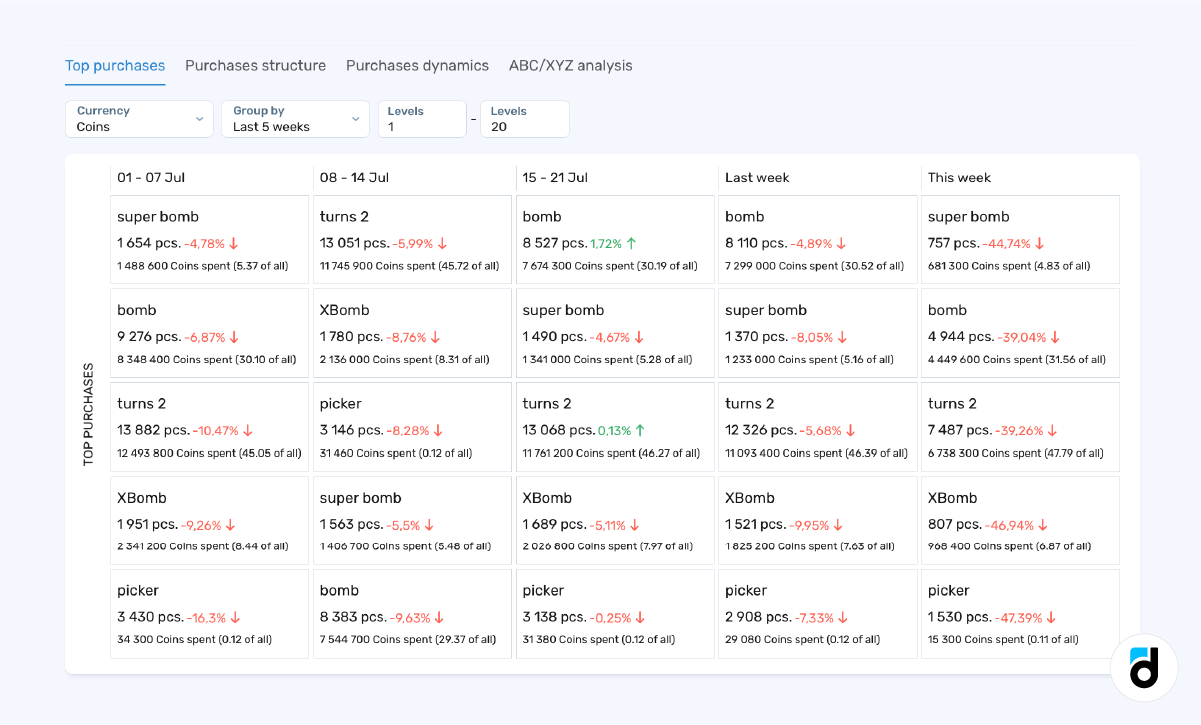
Understanding what items makeup players' shopping baskets and how these preferences change with their level is also crucial. For this, we turn to the Purchases Structure report.
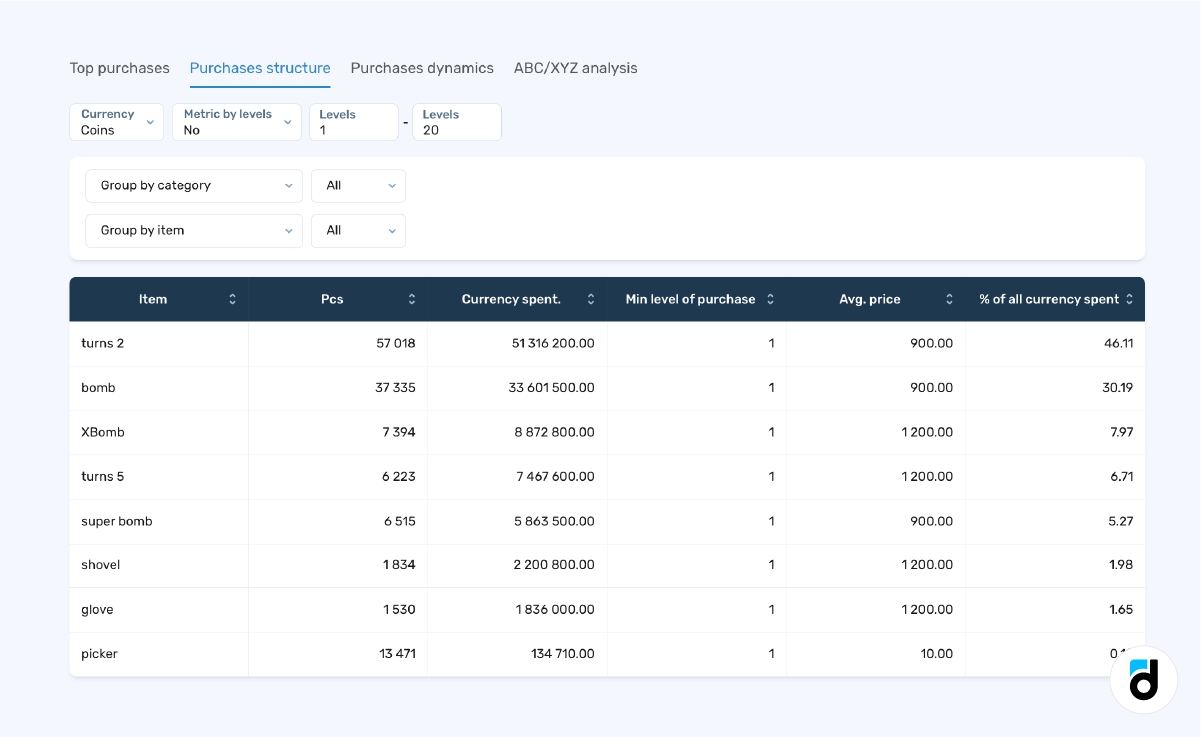
Next, it's important to analyze how the demand for specific items changes at different levels or over time.
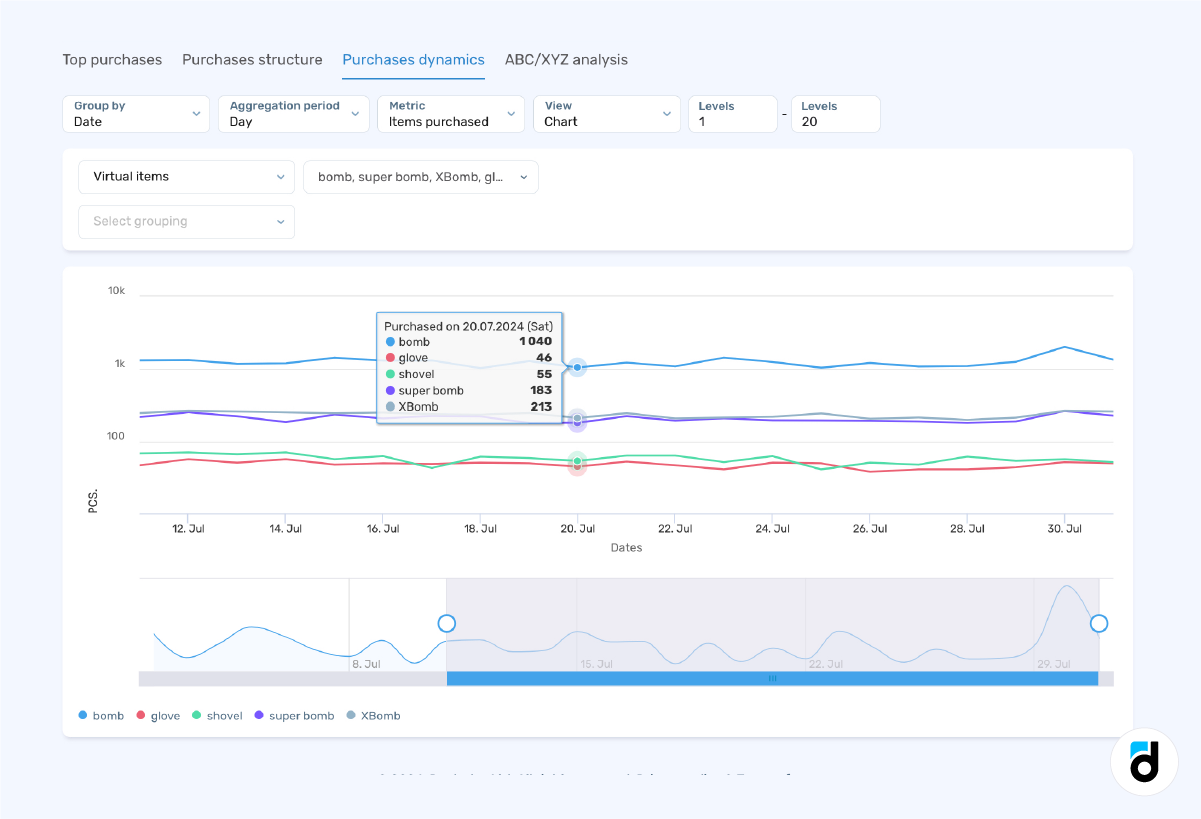
Finally, to identify which product prices can be adjusted, we use the ABC/XYZ analysis for virtual goods. This analysis helps us pinpoint product categories where pricing can be more flexible (e.g., sub-segments BY, CY, BZ, CZ).

The report indicates that certain items like bombs, pickers, and XBombs generate the most revenue and have the most consistent demand. Thus, it's best to avoid experimenting with their pricing. However, there is room to adjust prices and manage stock for items in the CZ segment.
Conclusion
By leveraging devtodev's analytics capabilities, you can gain insights into player behavior and game economy for both RPG and MMORPG games. This data-driven approach helps in optimizing player engagement, progression, and monetization strategies, ultimately leading to a more successful and enjoyable gaming experience.
Ready to take your RPG or MMORPG game to the next level? Try out devtodev’s demo to explore our powerful analytics tools and optimize your game's performance and monetization.


